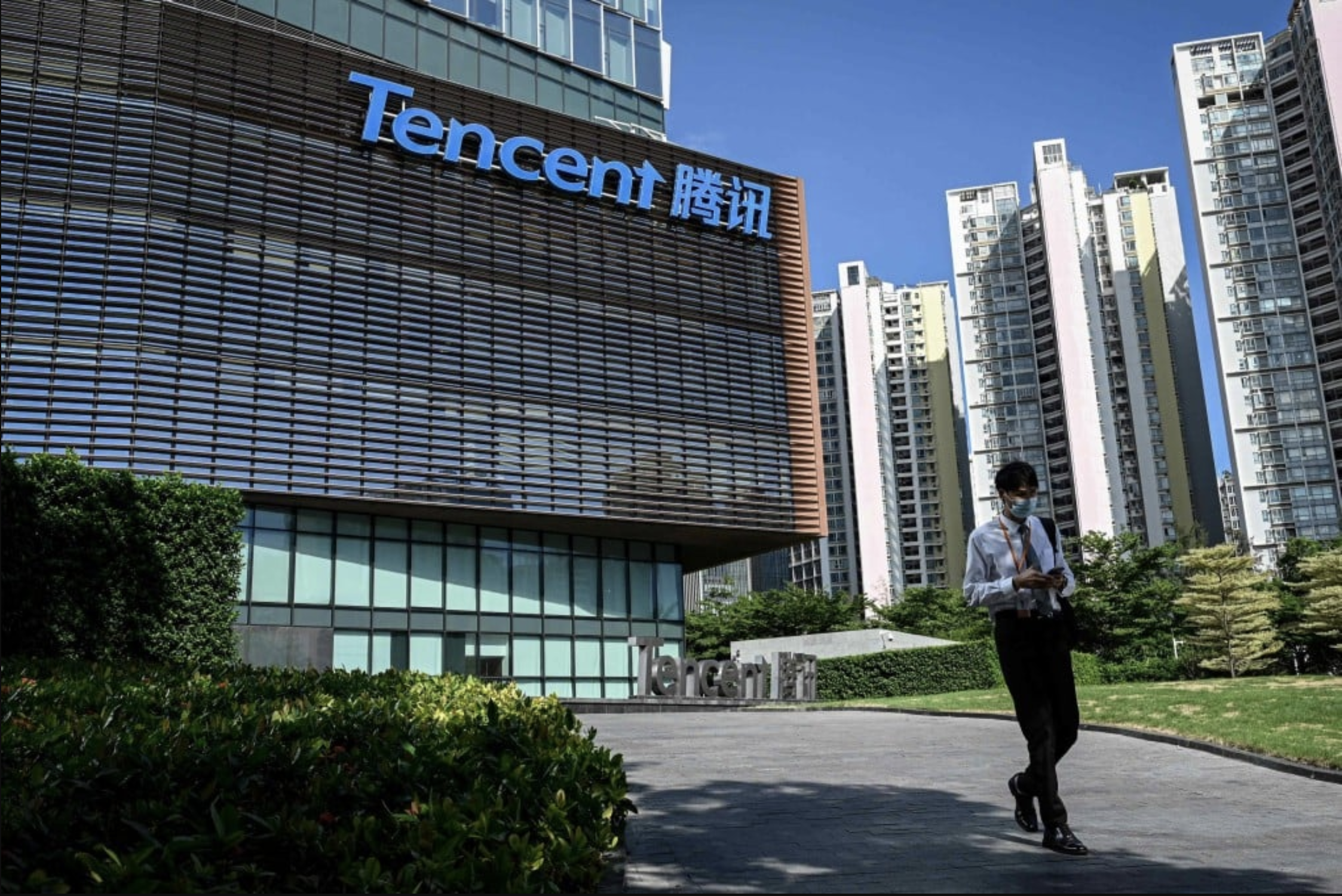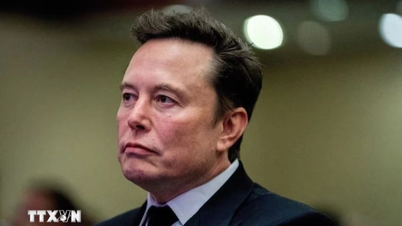On January 7th, Reuters, citing sources, reported that the US Department of Defense had added Chinese technology giant Tencent to its sanctions list. The US cited the reason that WeChat's parent company has collaborated with the Chinese military, potentially posing a national security threat.
This news immediately caused Tencent's stock price to fall 7.3%, equivalent to a loss of $35.4 billion in market value. CATL, a manufacturer of electric vehicle batteries serving one-third of the global market, was also added to the list. The company's stock fell 2.8%, equivalent to $4.4 billion.
Tencent says it was all just a "misunderstanding".
Immediately after being placed on the US sanctions list, Tencent responded: "This is a mistake. We are not a military enterprise or a military supplier. This list does not affect our business operations. However, we will continue to work with relevant US departments to resolve this misunderstanding."
The company stated that it is willing to cooperate in clarifying the "misunderstanding," but will pursue legal action if necessary.

Tencent logo in front of a building in China
Tencent's clear message immediately garnered significant attention from the Chinese tech community. Under the announcement, nearly 40,000 user comments expressed support for Tencent. They argued that the company behind the super app WeChat was a "victim" of the trade war. "Tencent is innocent. They simply want sanctions, and Tencent is a choice," one Weibo user wrote.
CATL also issued a similar response, asserting that they "are not involved in any military-related activities."
Reuters quoted the Chinese Foreign Ministry as saying that they urged the US to immediately lift its "illegal, unilateral sanctions" against Chinese businesses. They also affirmed that the Chinese government would protect the legitimate interests of domestic companies.
According to analysts, this ban does not mean sanctions will be applied immediately, but it could be a major blow to the reputation of the companies named. It also serves as a warning to the US business partners of the two Chinese companies. Furthermore, the ban could put pressure on the US Treasury Department, forcing them to impose sanctions.
To date, the US Department of Defense's "list of Chinese military companies" has reached 134 entities and related subsidiaries. According to analysts, this list reflects the US Department of Defense's position but can be used as a reference for other government departments. The most serious consequence is that companies on the list could face investment bans from the US.
Source: https://thanhnien.vn/tencent-noi-gi-after-being-put-on-the-US-for-the-ban-list-185241219002702362.htm





![[Image] Central Party Office summarizes work in 2025](/_next/image?url=https%3A%2F%2Fvphoto.vietnam.vn%2Fthumb%2F1200x675%2Fvietnam%2Fresource%2FIMAGE%2F2025%2F12%2F18%2F1766065572073_vptw-hoi-nghi-tong-ket-89-1204-jpg.webp&w=3840&q=75)


























































































Comment (0)